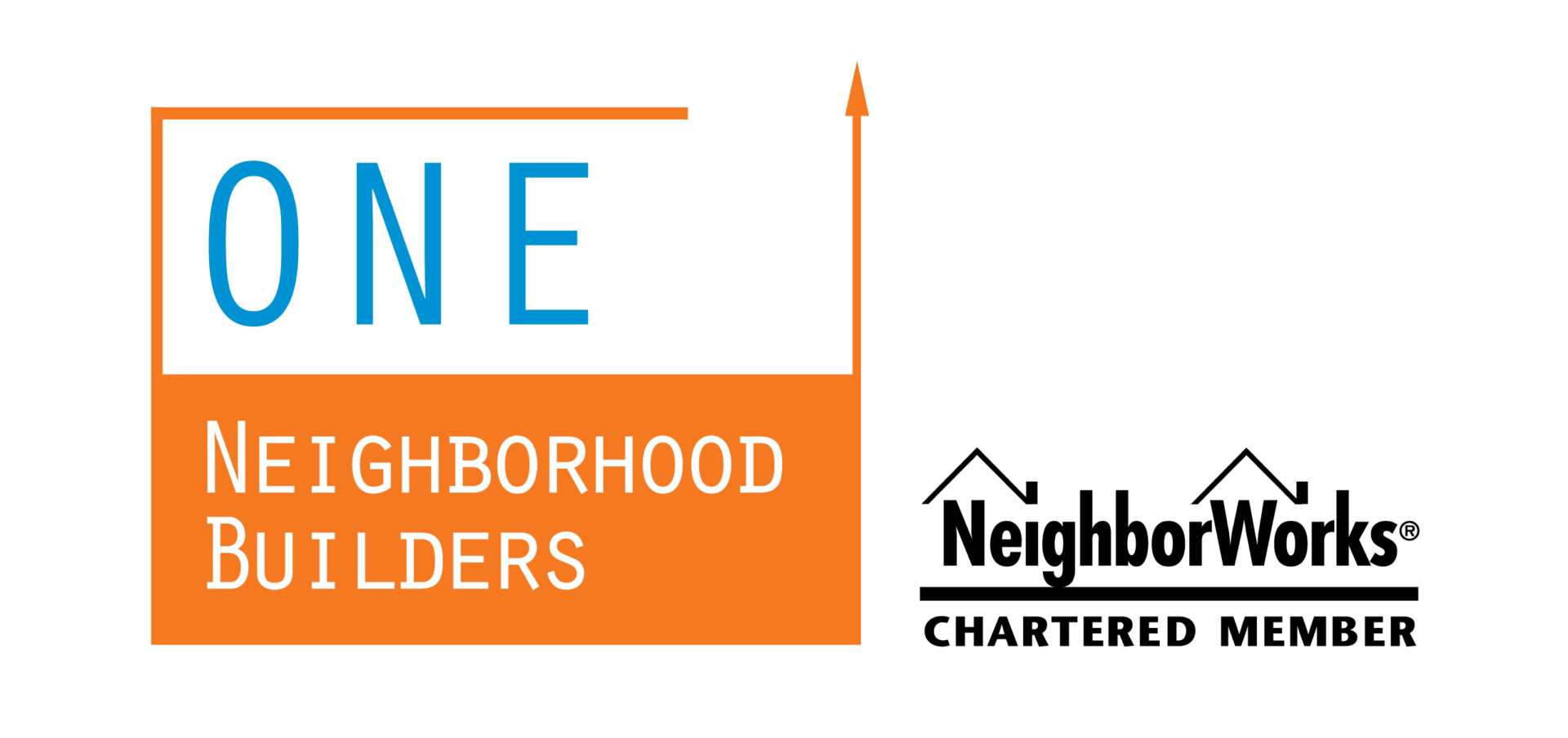[rev_slider alias=”2022-1116-9-neighborhoods-town-hall”]
What would you do if you had $1 million to spend in your neighborhoods?
That’s the question being decided in nine neighborhoods in Providence where a process called “participatory budgeting” has begun.
Participatory budgeting is defined as “a democratic process in which community members directly decide how to spend part of a public budget. It’s a tool to empower everyone to make decisions about how funds should be spent in our communities.”
About 25 people joined the discussion Wednesday, Nov. 16, during a town hall meeting at the Smith Hill Library to talk about what can be done in the nine neighborhoods in Central Providence to improve health and quality of life in the community. Another town hall session is being planned.
The funds are being made available through Central Providence Opportunities: A Health Equity Zone, part of a pilot project from the Rhode Island Department of Health. ONE|NB is the backbone organization of CPO-HEZ. The “Nine Neighborhood Fund” is the name that has been applied to the CPO-HEZ neighborhoods in the 02908/02909 ZIP codes, including Elmhurst, Federal Hill, Hartford, Olneyville, Manton, Mount Pleasant, Valley, Silver Lake, and Smith Hill neighborhoods.
Residents and members offered up several ideas for how to spend the money, from a new football field to creating places for people to sit while waiting for a bus. Discussions were lively, as people talked about problems they see and talked through possible solutions. Facilitators from ONE|NB and Brown University helped both spur and document ideas that surfaced.
Idea dropboxes have been placed in several locations in Central Providence, and a new
website, DecideRI.org, has launched to ask residents how they would like the money to be spent.
The idea behind the participatory budgeting is that the residents know what they need most and how public monies should be spent, so why not give them the chance to do so? It could mean the renovation of a park, improvements to a community center, or even smaller endeavors that impact these communities. Ideas are only limited by the imagination of the residents.
“This is a way for residents to come together as a community, decide what they need, and invest funds in a way that benefits them the most,” said Wole Akinbi, a member of the Nine Neighborhood Fund Steering Committee. “It’s empowering to watch the community define its own needs.”
The process began at the end of June when the Rhode Island Executive Office of Health and Human Services (EOHHS) and the Rhode Island Department of Health (RIDOH) launched the pilot project. Between July 1, 2022 and June 30, 2024, $900,000 was allocated to CPO-HEZ and to the Pawtucket Central Falls HEZ, backed by the Local Initiatives Support Corporation (LISC). Each HEZ gets $450,000, and CPO-HEZ itself has added $550,000 in private grant funding, lifting its total to $1 million.
As part of the process, over many months, an 18-member steering committee of residents drafted the rules to guide the process. Once all the ideas are submitted, residents ages 13+ can vote on what they want to fund.
The timeline is as follows:
- September-November 2022: Ideas are collected
- December 2022-April 2023: Community residents turn the ideas into project proposals
- May-June 2023: Residents vote for which projects to fund
- June 2023 and beyond: ONE|NB selects who can make the projects happen and distributes the money
DecideRI.org outlines the allowable uses for the money, and what is prohibited, at the same time focusing the expenses on improving the health in low-income communities of color and the unmet needs in the community. But the funds cannot be used to supplement existing program, services, or projects that normally would be funded by government.
There are program cost limitations to ensure that smaller projects can be achieved. See the website for the details of what can and cannot be funded, and the eligibility requirements for all aspects of the program.
Related links:
- Link 1
Body text


